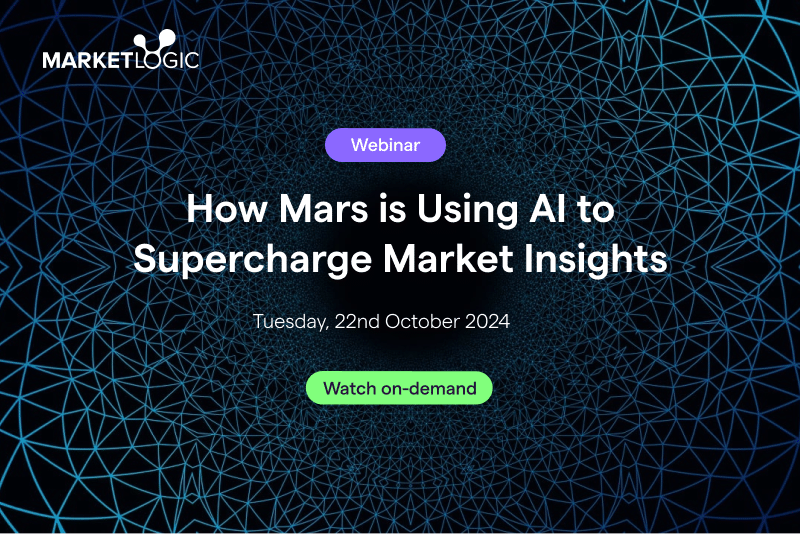What does the democratization of knowledge mean in business?
In business, the democratization of knowledge means employees in any role, from marketer to CEO, have access to their organization’s corporate intelligence. The democratization of knowledge empowers and liberates employees. When people have the knowledge they need at their fingertips, they can create their own actionable solutions for the overall betterment of their teams and the organization.
Here’s why you should care about the democratization of knowledge
If there are barriers to corporate intelligence in your organization, you’ve probably come across these common problems:
- Business people in your organization don’t have access to the information they need when they need it.
- Your data and analytics experts don’t have time to answer people’s questions.
- People leave the organization and take their information with them, leading to redundancy and wasted time and resources.
- Your organization wastes money re-doing expensive studies and research because there’s no way for people quickly find out what’s been done in the past.
- Your businesspeople lack the knowledge they need to make decisions that keep up with the market.
- Decisions are made based on poor, incomplete information, leading to costly mistakes or missed opportunities.
Knowledge democratization is about solving these common day-to-day knowledge management problems, so your organization can be agile in the face of the quickly changing market realities. Democratizing knowledge not only enables your people to make smart, insights-driven decisions daily, it also leads to higher rates of learning and and more a more innovative company culture.
How some of the world’s most beloved brands are democratizing insights
Most organizations have a low expert-to-stakeholder ratio, limiting insights teams’ ability to serve business units in a timely fashion. Therefore, to democratize knowledge, insights and analytics teams to need tools to quickly curate and scale actionable insights for many stakeholders while also allowing stakeholders to self-serve knowledge.
Some enterprises are leveraging cutting-edge technology to do just that. For example, using powerful insights management technology, Colgate-Palmolive democratized access to a $300-million insights asset for thousands of commercial managers and marketers. Likewise, Kellogg’s democratized insights with a next-gen platform that features intuitive self-service tools and unique “knowledge zones.” And at L’Oréal, over 40,000 employees can now self-service insights with L’Oréal’s insights management platform called “One Intelligence”
How do you democratize knowledge in your organization?
It is important to remember that the democratization of knowledge is a process that requires careful planning and maintenance.
If you want to begin the process of democratizing knowledge in your organization, first, you need effective knowledge capture processes and tools that integrate all your sources in one place, so you can unify scattered knowledge assets from across your business.
Second, you must leverage technology alongside human intelligence for quality insights development, helping your enterprise draw of huge amounts of existing and new data quickly.
Third, optimize business engagement and avoid information overwhelm by curating and sharing relevant, actionable insights for the people who need it, when they need it, and provide self-service tools so businesspeople can get answers fast.
Request a demo with Market Logic
Curious to learn more about how an insights platform can facilitate your organization’s knowledge democratization goals? Request a demo with Market Logic today.








